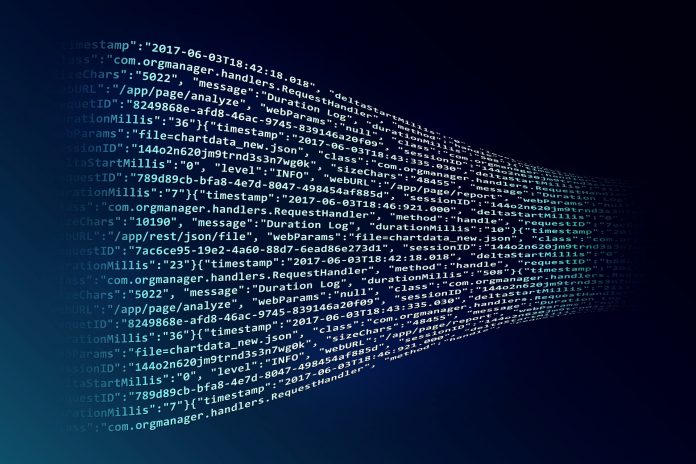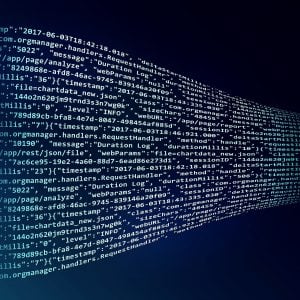Today we want to touch upon a critically important and relevant topic on which the success of everyone who needs to do programming homework depends. Almost always, students who need to cope with assignments in coding are faced with such problems as:
- misunderstanding of the educational material;
- difficulties with writing code;
- procrastination (laziness);
- lack of motivation;
- other problems.
All these and other things create serious obstacles on the way to do programming homework faster. However, all of the above is not the root of the problem, but only its symptoms. To make doing programming homework on Linux effective, you need to face the truth. You don’t have enough knowledge to deal with it. If this or that topic is difficult for you, you should get programming assignment help on Getcodinghelp.com. This is a great option because experts who work there know much more than students who just start to learn the science.
Below is a list of what to do if you want to do programming homework faster and want to become a good developer.
- Learn how to write the code
Doing programming homework on Linux is a very practice-related activity. It is clear that any beginner first needs to understand in general where he or she got to, what he or she will do and how to do it correctly. You can’t do without theory. However, reading a ton of books or other teaching materials on coding and not practicing is like learning to ride a bike through books without ever trying to ride it yourself.
Usually, this habit is born out of standard deception in our brain. We look at the code in the tutorials, at its explanation, and it seems to us that everything is crystal clear and understandable – why waste time and compose the same one yourself? However, as soon as you sit down to write the code, remove all the hints, it turns out that you cannot implement a working program.
Each theoretical material must necessarily be supported by practical tasks. You can invent them yourself on the go; this is usually what happens. You read, for example, about arrays, some questions pop up in your head like “Is it possible to do this? And what if… ” and it will be a great way to practice. Also, do not forget about the many tasks for each topic – regardless of whether you are studying from a book or from other materials – never miss an opportunity to hone your programming skills.
- Don’t copy the code
Code copying is undesirable for those who do programming homework on Linux because the essence of their training is to understand the concepts, and dull copying of the code completely kills this understanding.
Try not to succumb to this temptation, and after examining a copy of the code, be sure to try to reproduce it yourself. It is very important that you are aware of what is going on, how and why it is happening. In the future, this knowledge will be useful when solving new problems because the experience of writing code will be deposited in your head, which cannot be said about the “copy-paste” method.
- Pay enough attention to the basics
This is one of the most important points for doing programming homework on Linux. We will focus on it and write this section in as much detail as possible.
Have you ever had the feeling that the productivity of your education (school, university, the same programming) is declining? You have a very poor understanding of theory, new material is difficult for you, and practice does not bring much clarity to what is happening. This can happen in everyday life when it is necessary to master a certain skill, but the amount of information presses with all its weight, destroying any desire to develop and learn something.
To prevent this from happening, it is important to know the principle that will help you achieve success in your programming homework.
There are three levels of mastery of any discipline. Their key difference is in the amount of attention and concentration that must be allocated to apply knowledge in practice:
- You need to allocate about 90% of all your attention and concentration in order to apply knowledge in practice. As an example, an elementary school student who solves the simplest examples of multiplication and division needs the lion’s share of efforts to remember the multiplication table every time.
- A person finds himself or herself at this level when he or she has gotten his or her hand and can already devote less concentration and attention to the practical application of knowledge, namely, about 40%.
- You complete the programming task with little or no concentration on it, but the quality of the work done is maintained. For example, you can compare a novice driver and an experienced driver drives very well and practically does not pay attention to the nuances while observing all the rules of the road. For him or her, all processes occur as if on the periphery of consciousness, allowing him or her to drive transport without tension and feel like a duck to water. A professional driver devotes about 10% of concentration and attention to the practical application of knowledge.
Now let’s simulate an interesting situation: a novice driver takes part in races. His or her level of concentration on the basics of driving will be so high that he or she will simply crash. Alternatively, let’s imagine a person who wants to learn how to paint beautiful portraits. He or she is shown how to draw lines correctly. Then he or she immediately tries to paint a portrait. What will happen at this moment? A novice artist will not be able to draw something worthwhile because the level of his or her concentration on basic things will be very high. This person will focus on the position of the hand, the degree of pressure on the pencil, the smoothness of the drawn contours, etc.
What should be done to avoid errors like the examples shown? The aspiring artist needs to practice basic pencil and brush movements long enough until a skill level is reached. Then the body will get used to working without constant control of the mind, and it will be easier to take the correct position of the hand, keep an even line and concentrate on something larger and not on “low-level” nuances. Exactly the same approach is needed for a novice driver.
Do the same in training and doing homework in programming using Linux. You’ve started coding – find a foundation, a core skill set worth mastering. Train to complete perfection on the basis, do not skip topics, and do not study them only superficially. However, suppose you feel that you cannot master the material in any way at the moment. In that case, you can move on to the next topic or take a short break (preferably physical activity), but after a certain amount of time, be sure to come back and close the gap.
In this way, you can do your programming homework faster. Remember that without theoretical knowledge and practice, you deal with assignments properly. Good luck!






